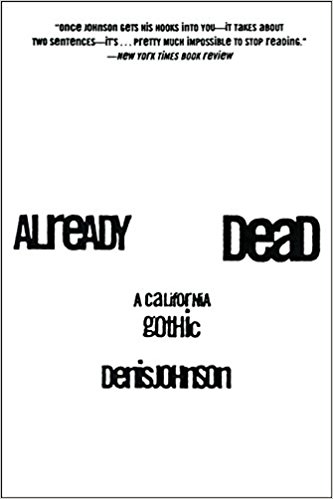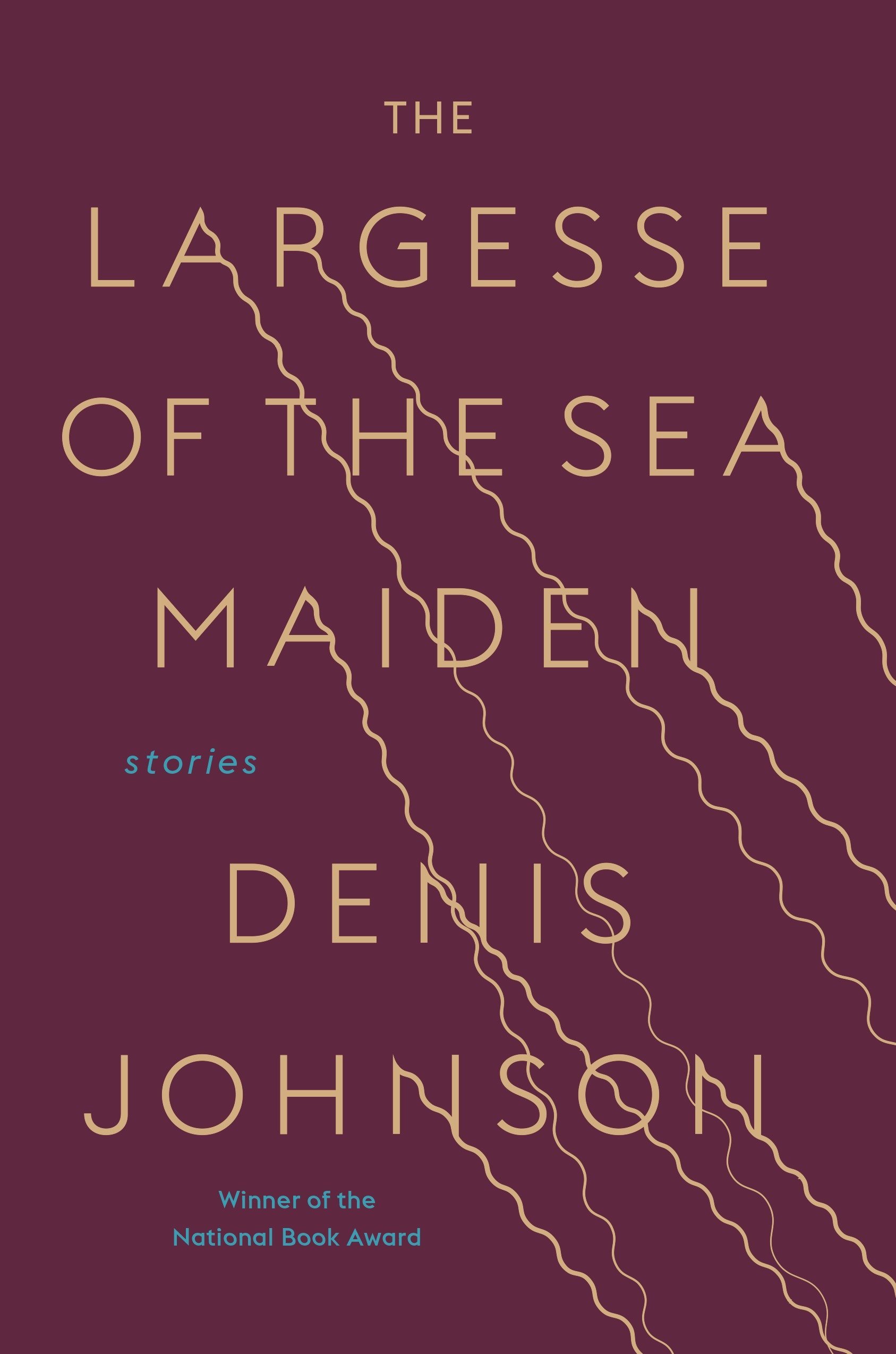Bloodline, Barbados
By Amira Shea
I skipped down the plaster steps by two’s and stood, shielding my eyes from the bright, early afternoon sun. On such a small island, the salt smell of the sea was everywhere, filling my lungs. To my left, an old man leading a donkey cart was making his way up the slight hill. One weathered hand loosely held a thin switch, but it wasn’t needed. The animal was well-fed and sturdy, with large, clear, if somewhat miserable looking eyes. One hoof clopped in front of the other as it continued straight ahead, looking neither left nor right. It hauled a wooden pallet jerry-rigged with large bicycle wheels and laden with fresh fruit and vegetables. Banana, mango, coconut, green onion, tomato, papaya. Observing the gentle beast as it passed close enough for me to see the little flies on its coarse brown and gray pelt, I thought, no matter how well you were fed and treated, no matter how bright the sun and how salt the air, it must still suck to spend your days harnessed and dragging produce.
My thoughts about the donkey lasted as long as it took for the man and his mobile business to get about 20 feet up the road. Turning right, I slowly started to make my own way up the hill. Fine grains of dark, clay-colored dirt immediately entered my sandals and surrounded my toes. Little pieces of white coral, more prevalent than pebbles here, joined the dirt from time to time. I would stop and shake them out absently.
I passed a few houses on the right. Like that of my grandparent’s, these were mostly built of concrete and cinder blocks, with plaster facades brightly painted in tropical reds, aquas, and yellows. In addition to the dwellings, each small, functioning lot held fruit trees and a few animals – goats, chickens, ducks and a dog or two. The odors of their bodies and waste mingled with the salt and the perfume of copious flowers. The resulting bouquet was unique to the island, and not unpleasant. A few of the houses were made from wood and in various states of disrepair, identifying the family as old, or poor, or both.
"Observing the gentle beast as it passed close enough for me to see the little flies on its coarse brown and gray pelt, I thought, no matter how well you were fed and treated, no matter how bright the sun and how salty the air, it must still suck to spend your days harnessed and dragging produce."
My destination was the corner store set at the top of the hill. One side of the store abutted the road I was on, and the other fronted the perpendicular main road through the parish. At one point, it used to be someone’s home, but the downstairs was now given over to various sundries, canned goods, ice-cream, bags of chips, and a rather anemic magazine rack. Faded Coke-a-Cola signs, the kind you seem to only see in the Caribbean, hung outside over peeling paint. The white swirls were greying and the red fields were practically pink. The signs themselves almost melted into the yellowing cream of the wooden exterior. I stepped through the dark green screen door onto cracked and worn speckled linoleum. A lone, long fluorescent bulb illuminated the space. The shopkeeper was nowhere in sight, but guaranteed he was watching.
Despite the age of the place, everything – even the floor – was meticulously clean. Not that any of that mattered to me. I was happy to be there, to be anywhere really, on my own. I would have been equally happy to walk up the road and visit a large hole in the ground, as long as I was allowed to go it alone. Even back home, in Hawaii, there were few places my mother would let me walk or ride my bike to unaccompanied. Recently, some of my friends had started to take the bus by themselves, or in groups, all the way to the large downtown mall. Though I’d guessed the futility of floating such an idea to my mother, I tried nonetheless. It was shot down in a stinging rebuke. I tuned out shortly after hearing no, but I was sure there was mention of “prostitutes, drug addicts, and homeless riders, caked in urine and just waiting for gullible 13 year-olds to board city buses.”
Whether it was because my mom was more comfortable on this island where she was raised, or because it was actually a very small place where crime was all but non-existent, I couldn’t be sure. All I knew was that during this last week I’d had more freedom than ever before.
I had only intended to buy a soda or a push-pop, but I was in no hurry to end my solo outing. I meandered through the one aisle and finally stopped in front of the magazines. The skateboarding and hair-metal fads of the late 1980’s had made it all the way even to this small corner of the Caribbean, and I selected a surprisingly current edition. On the cover were four men, each in denim and each sporting impossibly blond, long, and teased tresses. Maybe that’s what gave me away.
I soon felt eyes on me. Different from those of the yet-to-materialize shop-keep, these were the eyes of someone my age. Pretending not to notice, I kept flipping through the magazine without paying any attention to the content.
“You’re American, aren’t you?”
I turned to face the boy. He was skinny, like me, with knobby knees and elbows and feet that he had yet to grow into. His white tank top and yellow running shorts were worn, but not dirty or holey. They were well-favored after school clothes, as were his rubber flip-flops. The same dust that clung to my toes rested comfortably on his ankles and shins. We both wore the ashiness of young black children who had not yet fully incorporated lotion into their daily routines.
“Yes,” I said, with an accent that confirmed his suspicions.
“I thought so. Why did you come to Barbados?”
“My mother is Bajan. We are visiting my grandparents.”
I was flipping the pages of the magazine as I spoke, round chin slightly raised, trying to affect a breezy, carefree manner. Standing with my left foot leaning perpendicular up against the side of the other, left knee bent, I tried to envision myself as one of the laughing, skinny young women in the Virginia Slims commercials: I’d come a long way, baby! They were always hanging out by the pool or a municipal fountain and having a great time with their friends and cigarettes. They laughed open-mouthed, and as a group. Even though I hated their preppy clothes and the bright colors, I had to admit, those girls seemed to have it going on. I put my foot down to wiggle my toes some more, stubborn sandy dirt still clinging to them. The boy scratched the dry peppercorns on his scalp and smiled crookedly.
“So if your mom is Bajan, that means you’re Bajan too!”
“Yeah, I guess…”
I was still trying to play it cool and nonchalant. If I’d been chewing bubble gum, I would have smacked it, but I wasn’t and instead just licked my dry lips instead. I wasn’t attracted to the boy in particular, nor was I nervous about talking to the opposite sex in general, however, I could count the number of times I’d had a one-on-one conversation with a boy on one hand and have four fingers left over.
My life up until this point involved frequent moves and a permanent sense of otherness. My family was, in fact, preparing to leave Hawaii for a three-year assignment in Japan. They weren’t sure when they’d be able to make it back to the Caribbean, so had decided to pay a parting visit to my mother’s parents. The boy’s simple assertion I was Bajan too, was the first time I could remember being claimed by any group. I was Bajan too! Joy crept over me like the afternoon sun forming a long rectangle on that cracked linoleum.
Amria Shea is a graduate of The Mountainview Low-Residency MFA in Fiction and Nonfiction. She lives in Oahu, Hawaii, where she operates Paradise Writing, a community-based, full-service writing company that utilizes updated technology to assist clients from across the globe.



















